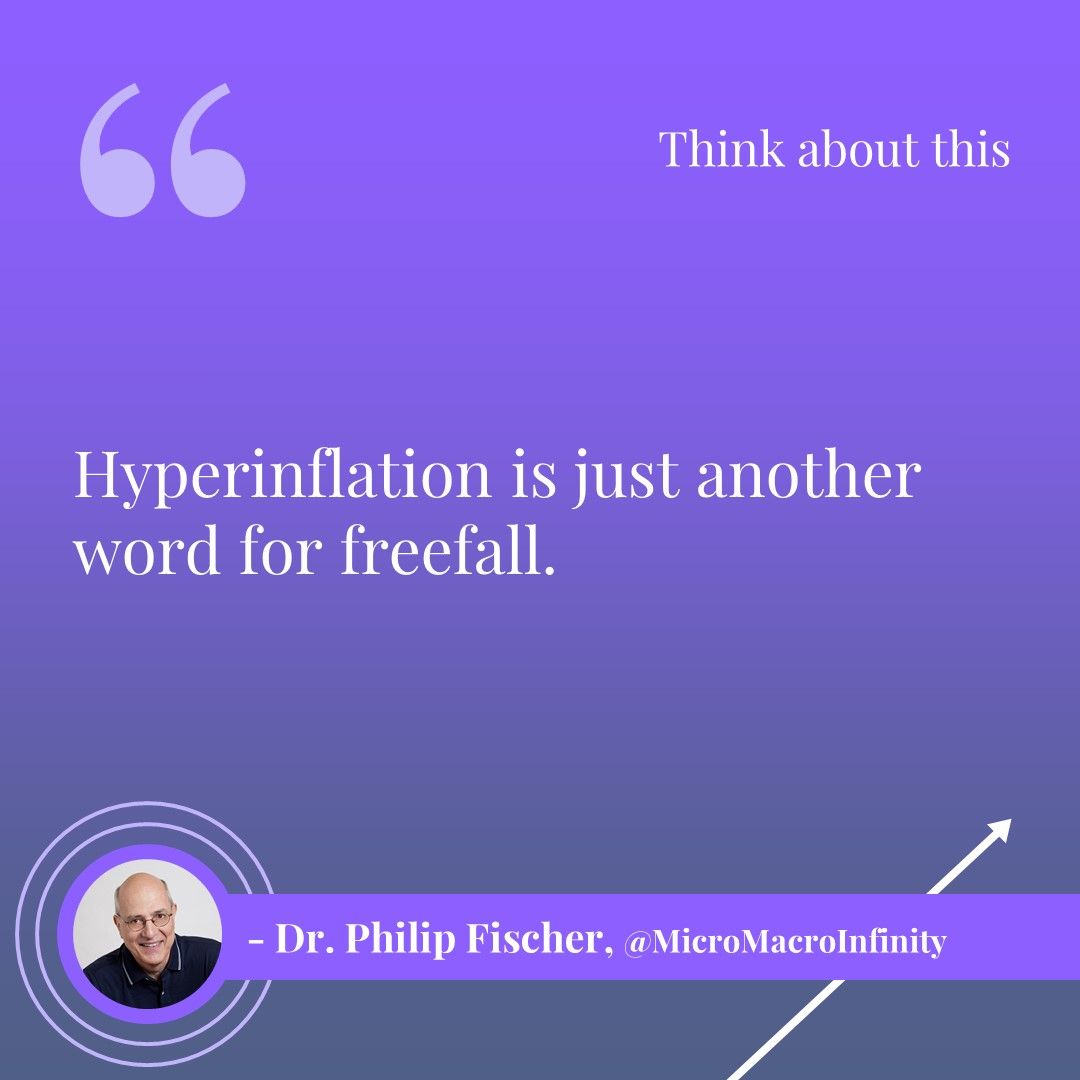Crypto cannot help the Fed

The cryptocurrency market has received a withering barrage of criticism during the last month, especially given the failure of some notable stablecoins. Professional economists have been among the most vocal critics which continues a long tradition from that sector.
The economists’ criticism is, of course, well deserved considering the theft, fraud, and apparent theft in the crypto sector. The criminal performance of several crypto participants casts a dark shadow over the entire sector. That said, the economics profession itself has little to its credit in the current economic cycle. Macroeconomists, particularly, have severely underestimated the risk of inflation which the Fed must now confront as it pulls out the stops to cure a 40-year spike in inflation at its June 14-15 meeting. This is a spike for which the Fed is responsible.
The monetary policy of the country is now the mess that the crypto proponents have predicted with high debt loads and raging inflation. Crypto’s own structural problems though prevent it from benefiting from the central bank’s problems. Crypto should be rising, not falling, as inflation surges. Crypto is not the uncorrelated asset the country needs to fulfil crypto’s anti-inflation mandate and be a solution to the Fed-induced inflation for investors in this period.
Economics has biases too
Professional economics has its own biases. It is a large industry with different opinions but the leaders in academic economics were clearly supporting progressive spending programs. A Wall Street Journal editorial on June 2, 2022 said that progressive economists failed to properly advise the Congress about risks of excessive spending. Janet Yellen’s statement that she had underestimated the potential inflation was a vast understatement. In fact, only a year ago she had insisted that the Congress “go big” and pass the administration’s huge spending package.
The core issue for investors is that both the cryptocurrency and economic experts profess to understand the process of economics, and both have been wrong. In both camps there is a wide range of opinions. But core beliefs in both crypto and economics have been violated by actual events of the last several years. For crypto, the notion that decentralized groups of people can produce the greater economic good has been weakened or destroyed by the misfeasance and malfeasance of individual actors. And the hype in the sector continues unabated.
For economics, the fortunes spent to identify economic models seems for naught. The basic propositions like the Efficient Markets Hypothesis and the Phillips Curve clearly failed during the last years. And the economic profession’s support for a fad like the Modern Monetary Theory is unsettling.
Confidence in the Fed lacking
The Fed has again set all its guns to fire at once. This time to stop the inflation that it started with an all-out monetary blast during the last two years. The Fed’s massive attempt to stop the inflation surge is one of the great economic experiments of the 21st century. But a strong theoretical model does not back the Fed’s effort. In the past, the Fed has reversed big moves in subsequent months. In any event, the moral authority of monetary authorities is sorely lacking today so that few in the markets trust that the Fed will succeed according to its plan.
This lack of confidence in the Federal Reserve Bank has been fueled following the resignation of two Fed Governors following a securities trading scandal. Robert Kaplan, head of the Federal Reserve Bank of Dallas, and Eric Rosengren, the head of the Federal Reserve Bank of Boston, took early retirements following questions about their personal trading. The public is left with little confidence that the Fed can manage the inflation spike and bring the economy to a soft landing. Financial markets reflect this, in part, in the relentless swings in the market.
The net result is that the Fed can instill fear, but not confidence at the next meeting. The markets will remain volatile. And cryptocurrencies are in no condition to pick up the monetary mantel for investors.
Investor Implications:
The Fed increase in rates this week will likely be reversed in coming months.
We hope you enjoyed this article. Please give us your feedback.
This article is not intended as investment, tax, or financial advice. Contact a licensed professional for advice concerning any specific situation.






